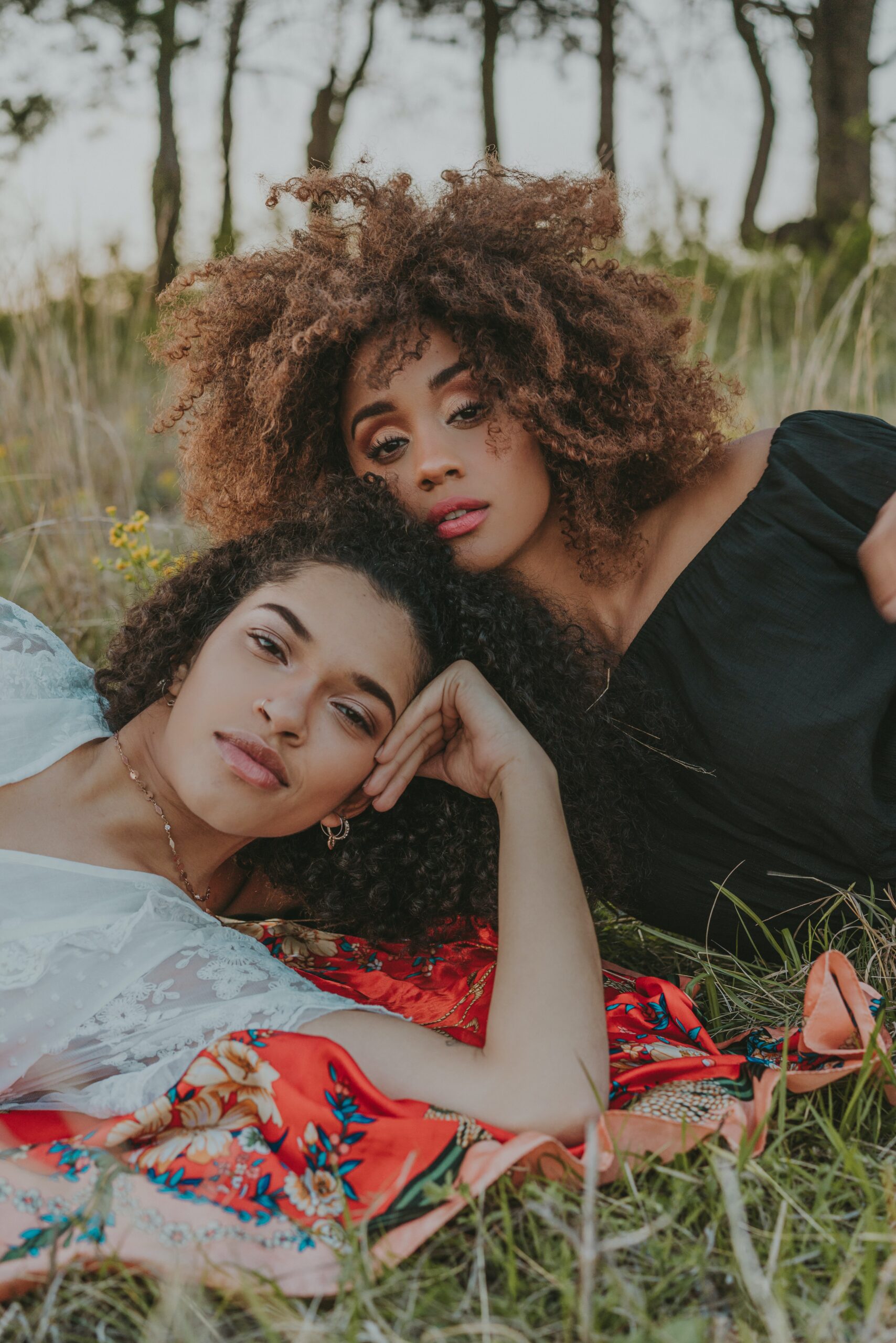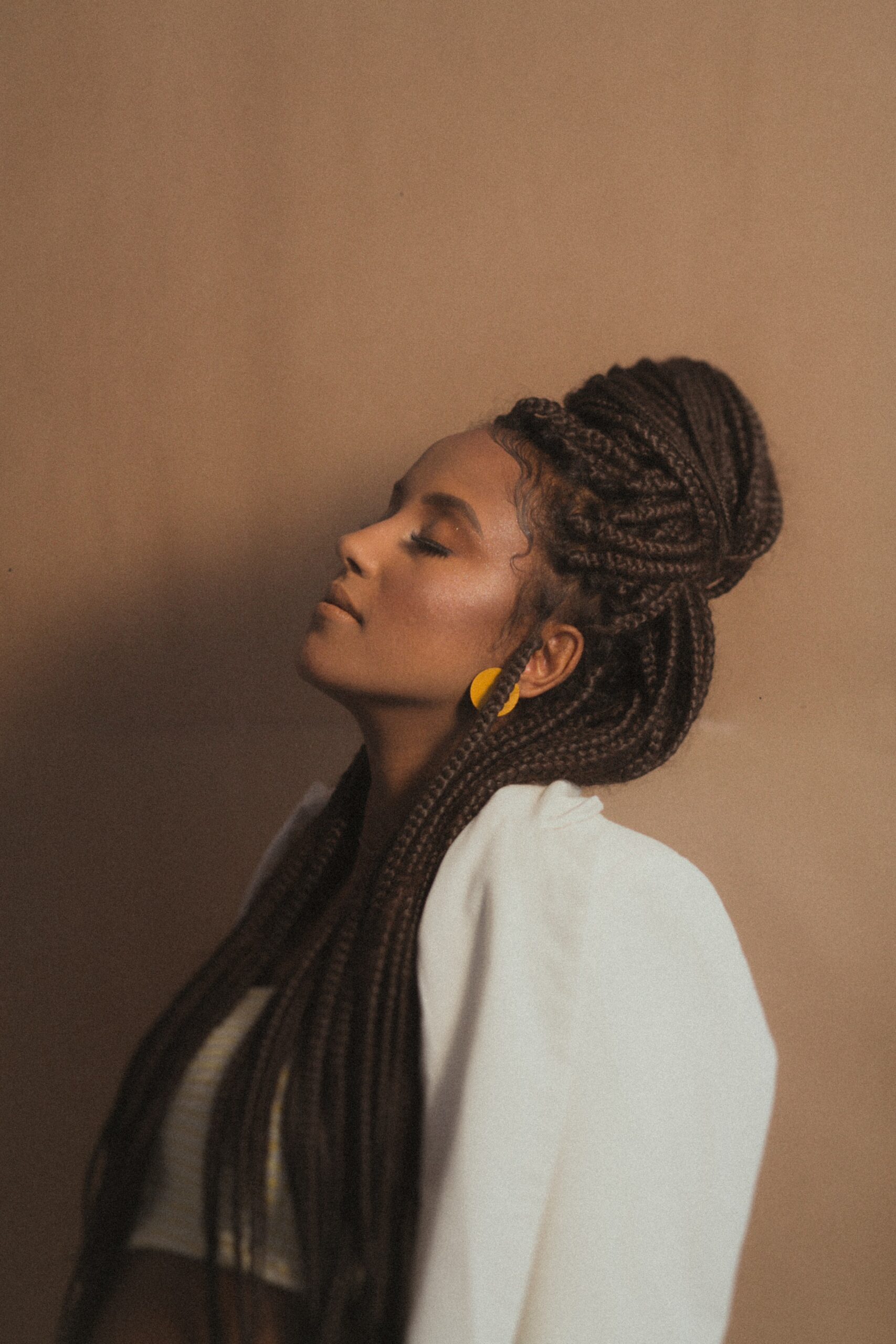As of late, the words cultural appropriation and cultural appreciation have taken center stage in many of my conversations. I’ve spent endless hours on the phone discussing the topic with my friends, and on my own time, have even gone as far as researching the origins of certain styles. I’ve prided myself on being understanding and aware of certain cultural clothing, hairstyles and dances, straying away from anything that may seem like appropriation. But after weeks of discussions, I’ve come to realize that even the most aware individuals have undoubtedly swayed between the line of appropriation and appreciation.
In an attempt to gain a wider understanding of the topic, I spoke with women of different backgrounds, ages, and walks of life. I asked them to define cultural appropriation and cultural appreciation. The results were interesting. Through this research I found one thing to be certain: the definition of such terms will always differ from person to person.
You don’t need a whole history lesson, but just stepping back sometimes to understand what you’re participating in, is a step in the right direction.
“I think that cultural appreciation is when a person tries to understand and explore a different culture in order to honor it, but not just for popularity like some celebrities do now. I’d describe cultural appropriation as adopting aspects of a certain culture without paying tribute to that specific culture and without trying to learn about it. I have never been accused of cultural appropriation but I am sure I have been a part of it in some way when I wasn’t as educated on the matter. I have seen many celebrities take aspects of black culture such as hairstyles, lips, and skin tone; this upsets me. When celebrities like Kylie Jenner and Kim Kardashian do it, it’s seen as hot and trendy, but if a black woman was to have the same appearance they would say she’s ghetto or unprofessional. Understanding where “trends” are coming from is important. You don’t need a whole history lesson, but just stepping back sometimes to understand what you’re participating in, is a step in the right direction.”
– Brianna James, 19, Jamaican-American
Having people or celebrities from these different cultures speak more openly about their customs and traditions, and having them define when it is okay to culturally appreciate something, is a start.
“I would define cultural appreciation as having admiration for different cultures and respecting the different beliefs around their customs. Cultural appropriation to me is taking another culture’s customs and traditions, and disrespecting them by trying to gentrify them. I have seen different celebrities being called out for cultural appropriation. For example, Katy Perry in her single, “Dark Horse” did her whole music video around the pyramids and had other Egyptian influences throughout. It made me feel sad for actual Egyptians because it seemed like she tried to make a mockery of their customs and culture. Having people or celebrities from these different cultures speak more openly about their customs and traditions, and having them define when it is okay to culturally appreciate something, is a start.”
– Airy Devereaux, 22, French and Dutch
Some things bother me more than others.
“As an Indian I would define cultural appropriation as anyone that is not of Indian descent, adopting the Indian culture and not understanding the meaning of what and why we celebrate or do cultural things. Some things bother me more than others. If someone wears a sari, lengha, or other Indian outfit, it does not bother me. I just see it as the person liking the clothing or Indian style. However, if someone has a bindhi on their forehead I see it as ignorance. They do not know the meaning as it can mean different things. Married women wear a red one and babies wear a black one to ward off evil. Also, people getting tattoos of hindu deities really bothers me because having something so spiritual on your body should mean something to a person and not be [casually] thrown around.
– Anita Jitta, 32, Indian
We don’t have connections to our African heritage because of slavery, so we hold dearly to the things that have become part of the Black American experience.
“My definition of cultural appropriation is taking another’s culture and representing it in a stereotypical way or exploiting it. It’s the erasure of background and cultural history. This is especially emphasized when people from the original culture would be condemned for practicing elements of it, while those appropriating it are praised. As a black person in America, it’s disheartening to always see my culture constantly being used for trendy business exploits or influencer aesthetics. We don’t have connections to our African heritage because of slavery, so we hold dearly to the things that have become part of the Black American experience. Most recently, when the Y2K aesthetic gained traction and people like Paris Hilton got credit as the founder, I got really annoyed because women of color actually pioneered it. Black hip hop culture constantly influences popular culture in this country. I think there needs to be acknowledgement from large companies or figures who have in the past benefited from taking from other cultures and making pieces of it available for mass consumption without being aware of the cultural significance.”
-Kiara Ivey, 21, African- American
I share the sentiments of each woman above. I understand that the topic of cultural appropriation versus appreciation is something that most people avoid. The line between both can blur and appropriation can easily be disguised as appreciation. Minority cultures have been told for so long that “it’s just a hairstyle”, “it’s just clothes”, or “it’s just a holiday” that we tend to overlook the full implication and history of what these clothes, hairstyles, and holidays mean to certain groups.
We need to start somewhere. Whether it be in classrooms, over coffee, or even a five-minute Google search on the topic. The conversation must be had. In my attempt to continue it, I ask this:
How would you define cultural appropriation and cultural appreciation?
- He’s Just Not That Into You…and That’s Ok - November 9, 2020
- Dating During Covid: There is Still Hope - November 2, 2020
- Finding My Way Back: My Journey with Religion - October 28, 2020




